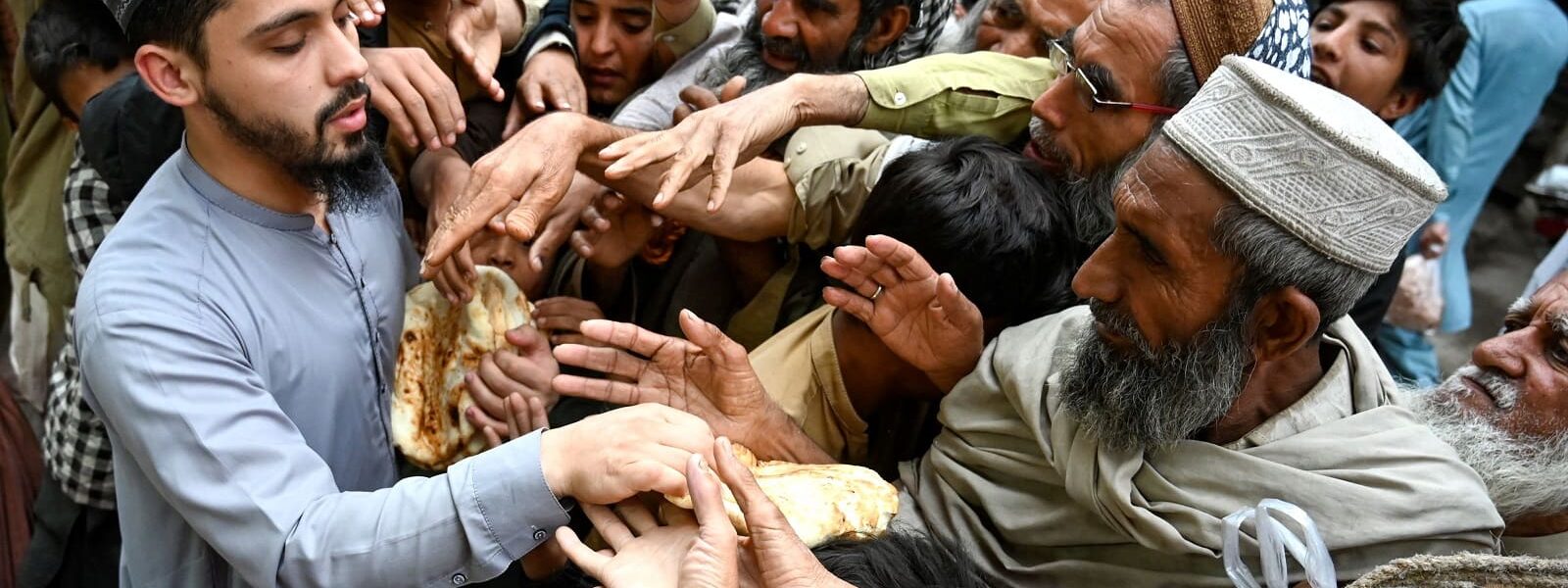Pakistan’s challenges are escalating beyond its deepening economic woes. The nation faces a perfect storm of border tensions, insurgent violence, internal terror attacks, and political turmoil that threatens to further destabilize the region.
On the Pakistan-Afghanistan border, clashes between the Frontier Corps and the Taliban have become routine. Just this Sunday, a deadly skirmish in Kunar Province claimed the lives of eight Afghan soldiers, including two high-ranking commanders. Tensions have soared in 2024, with frequent cross-border exchanges turning uglier, particularly in North Waziristan and Mastung. These flashpoints highlight the fragile relationship between Pakistan and Afghanistan as violence escalates.
Meanwhile, inside Pakistan, terror groups like the Baloch Liberation Army continue to carry out deadly insurgent attacks in Balochistan, a region long plagued by separatist movements. In August alone, Balochistan saw 57 fatalities from 29 terror attacks. The broader picture is grim, with insurgents targeting military installations and civilians alike. The Tehrik-i-Taliban Pakistan (TTP), after halting suicide bombings for two years, has now vowed to resume its deadly campaign, threatening what it calls a “defensive jihad.”
Amid this chaos, Pakistan’s political landscape remains as turbulent as ever. Deputy Prime Minister Ishaq Dar pointed fingers at Imran Khan’s government during a recent trip to London, blaming Khan and former ISI Chief Faiz Hameed for decisions that unleashed the current wave of instability. Dar specifically criticized the release of over 100 militants during Khan’s term, many of whom are now orchestrating attacks in Balochistan.
While Imran Khan, now imprisoned, struggles to maintain political relevance, the country grapples with the realities of a divided and embattled government. In the midst of political vendettas and internal rifts, Pakistan’s future remains uncertain, with no immediate resolution in sight for its deepening crises. The country’s multifaceted problems—economic, security, and political—are becoming increasingly difficult to untangle.






